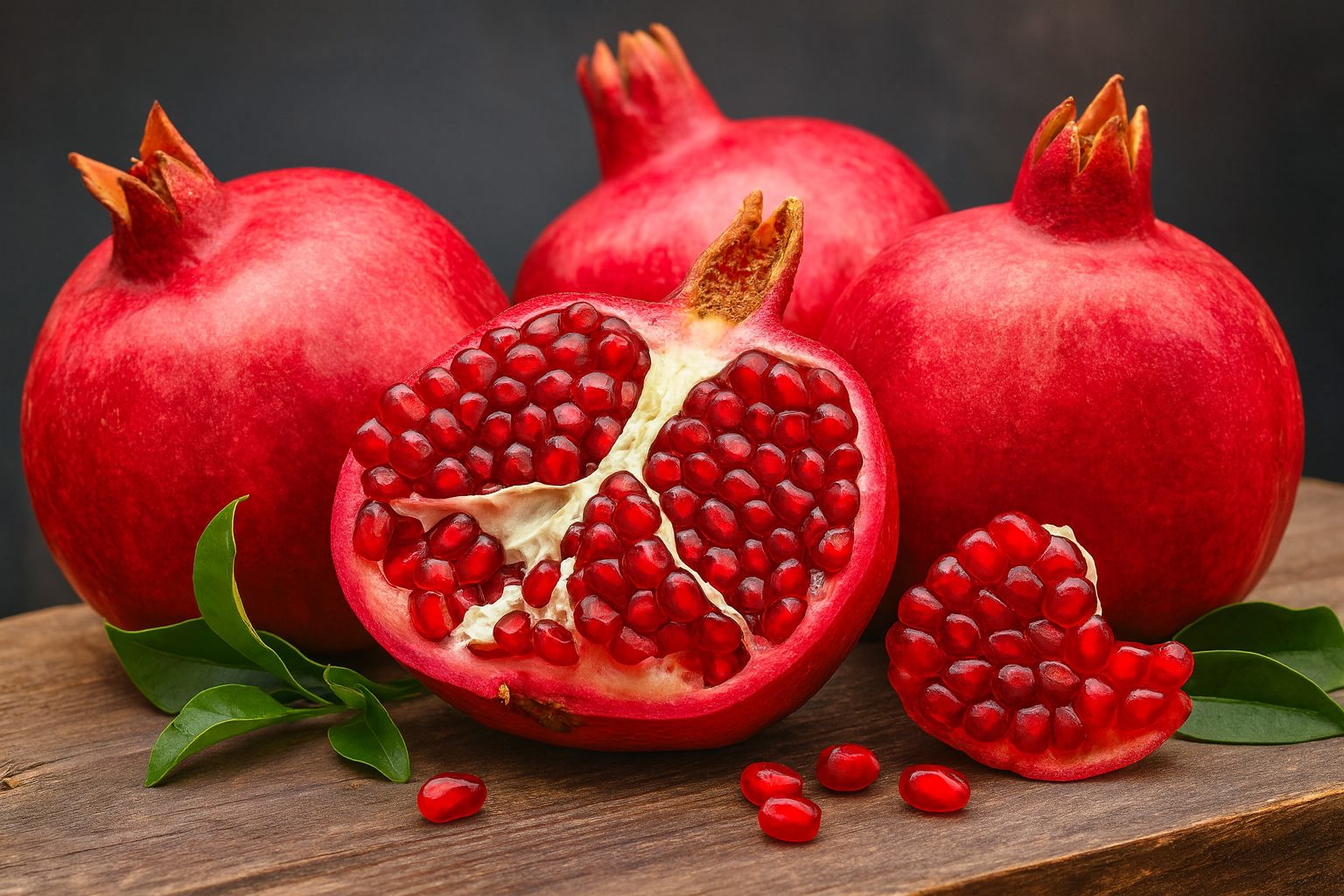
Pomegranate, often called the “jewel of fruits,” is not only beautiful to look at but also incredibly good for your heart. Packed with antioxidants, vitamins, and anti-inflammatory compounds, this ruby-red superfruit has been treasured for centuries for its healing and rejuvenating properties. Modern science confirms what ancient medicine long believed—pomegranate can significantly improve cardiovascular health and overall well-being. Here’s why this vibrant fruit deserves a regular place in your diet.
1. Rich in Heart-Protective Antioxidants
Pomegranates are loaded with powerful antioxidants like punicalagins and anthocyanins, which help protect your heart by reducing oxidative stress and inflammation. These compounds prevent damage to the arteries and keep your blood vessels flexible, reducing the risk of heart disease.
2. Lowers Blood Pressure Naturally
Regular consumption of pomegranate juice or seeds has been shown to help lower systolic blood pressure. The fruit’s natural polyphenols help relax blood vessels, improve circulation, and reduce strain on the heart. A daily glass of pomegranate juice may support better blood pressure control.
3. Improves Cholesterol Levels
Pomegranate helps balance cholesterol by lowering LDL (“bad”) cholesterol and raising HDL (“good”) cholesterol. The antioxidants in pomegranate prevent LDL from oxidizing, which is one of the key steps in the development of plaque buildup inside arteries.
4. Reduces Arterial Plaque and Improves Blood Flow
Studies have found that pomegranate extract can help slow or even reverse the buildup of plaque in arteries. Its anti-inflammatory effects improve blood flow to the heart and other organs, promoting overall cardiovascular function and reducing the risk of atherosclerosis.
5. Fights Inflammation
Chronic inflammation is a leading contributor to heart disease. Pomegranate’s polyphenols and flavonoids help reduce inflammatory markers in the body, protecting tissues from damage and supporting long-term heart health.
6. Helps Regulate Blood Sugar
Although pomegranate is naturally sweet, it has a low glycemic load and is packed with fiber, which helps regulate blood sugar levels. Stable blood sugar helps reduce the risk of insulin resistance—a condition linked to both diabetes and heart disease.
7. Rich in Potassium for a Strong Heart
Pomegranates are a good source of potassium, a mineral essential for maintaining normal blood pressure and heart rhythm. Potassium also helps balance sodium levels in the body, reducing water retention and easing the workload on the heart.
8. Prevents Oxidative Damage to the Heart
The antioxidants in pomegranate neutralize free radicals, which can damage cells and accelerate aging. This protective effect extends to heart tissues, helping reduce the risk of oxidative stress-related heart damage.
9. Supports Overall Vascular Health
By promoting healthy blood flow, reducing inflammation, and preventing arterial stiffness, pomegranate supports the entire vascular system. Consistent intake can improve oxygen delivery to tissues and help maintain healthy blood vessel function.
10. Delicious and Versatile
Beyond its health benefits, pomegranate adds color, crunch, and flavor to your diet. Sprinkle the seeds over salads, yogurt, or oatmeal, or enjoy a glass of fresh pomegranate juice. It’s an easy and delicious way to protect your heart naturally.
Final Thoughts
Pomegranate truly earns its reputation as a heart-healthy superfruit. Its powerful antioxidants, anti-inflammatory compounds, and essential nutrients work together to support strong cardiovascular function. Incorporating pomegranate into your daily routine—whether as juice, seeds, or smoothies—can help you nourish your heart and boost overall vitality from the inside out.
Disclaimer: This article is for general informational purposes only and should not be considered medical advice. Natural foods, herbs, and essential oils may support wellness, but results can vary for each individual. Always consult your doctor or a qualified healthcare professional before starting any new diet, supplement, or treatment, especially if you have an existing medical condition or are taking medication. The author and publisher are not responsible for any possible side effects or adverse reactions from the use of the information contained herein.
MORE FOR YOU
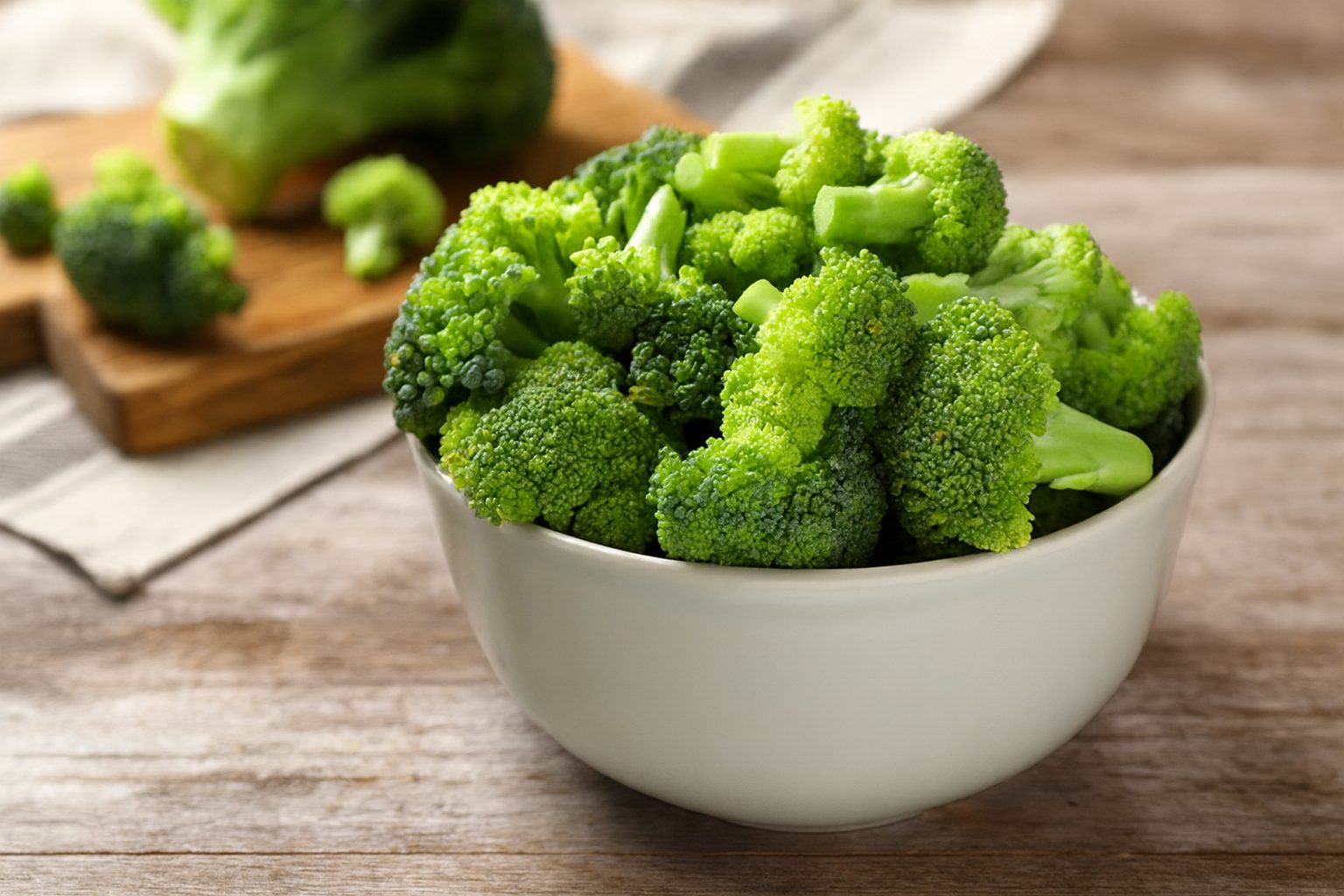
10 Incredible Ways Broccoli Boosts Your Health
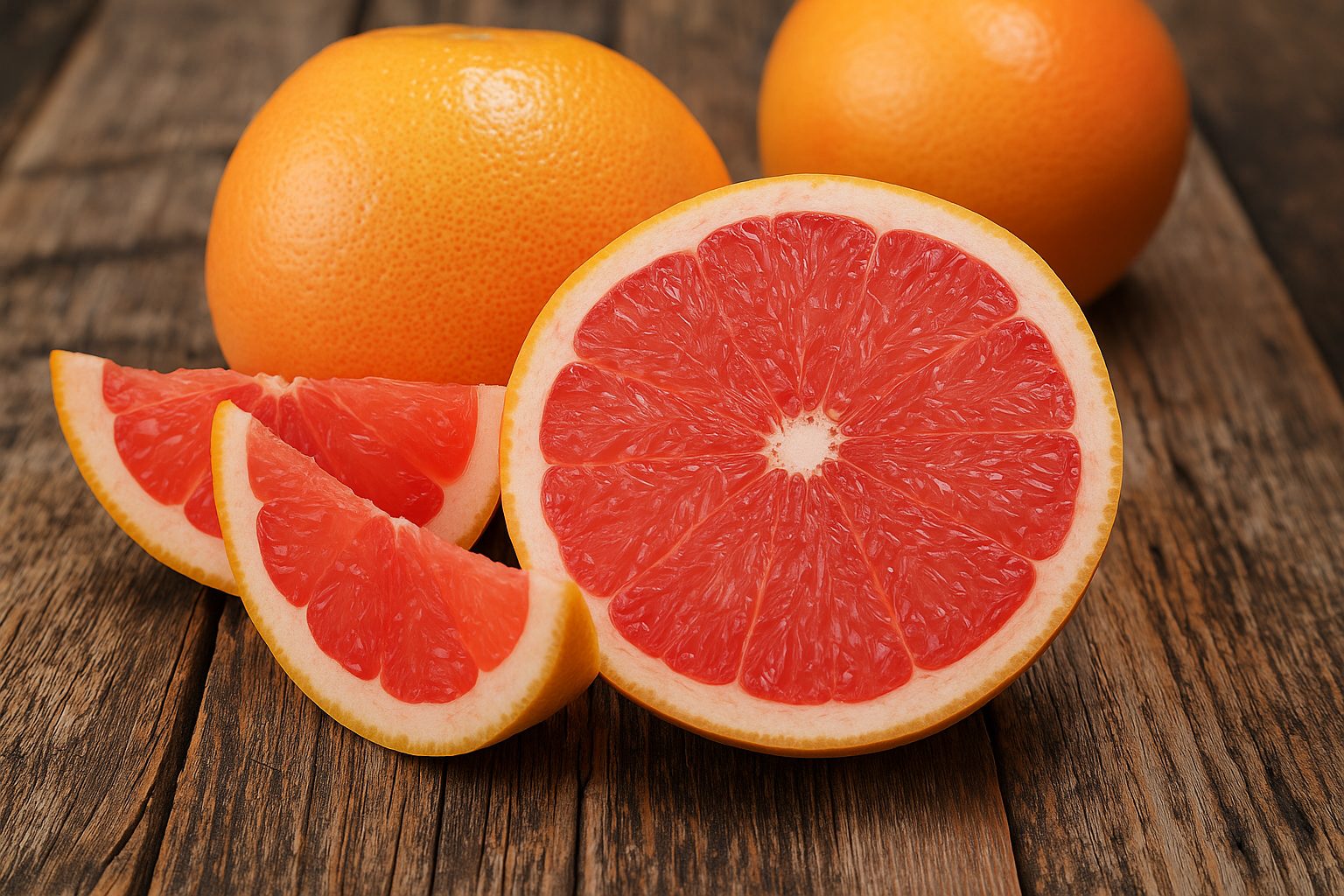
Grapefruit: 10 Reasons It’s Great for Your Health

6 Surprising Health Benefits of Coffee
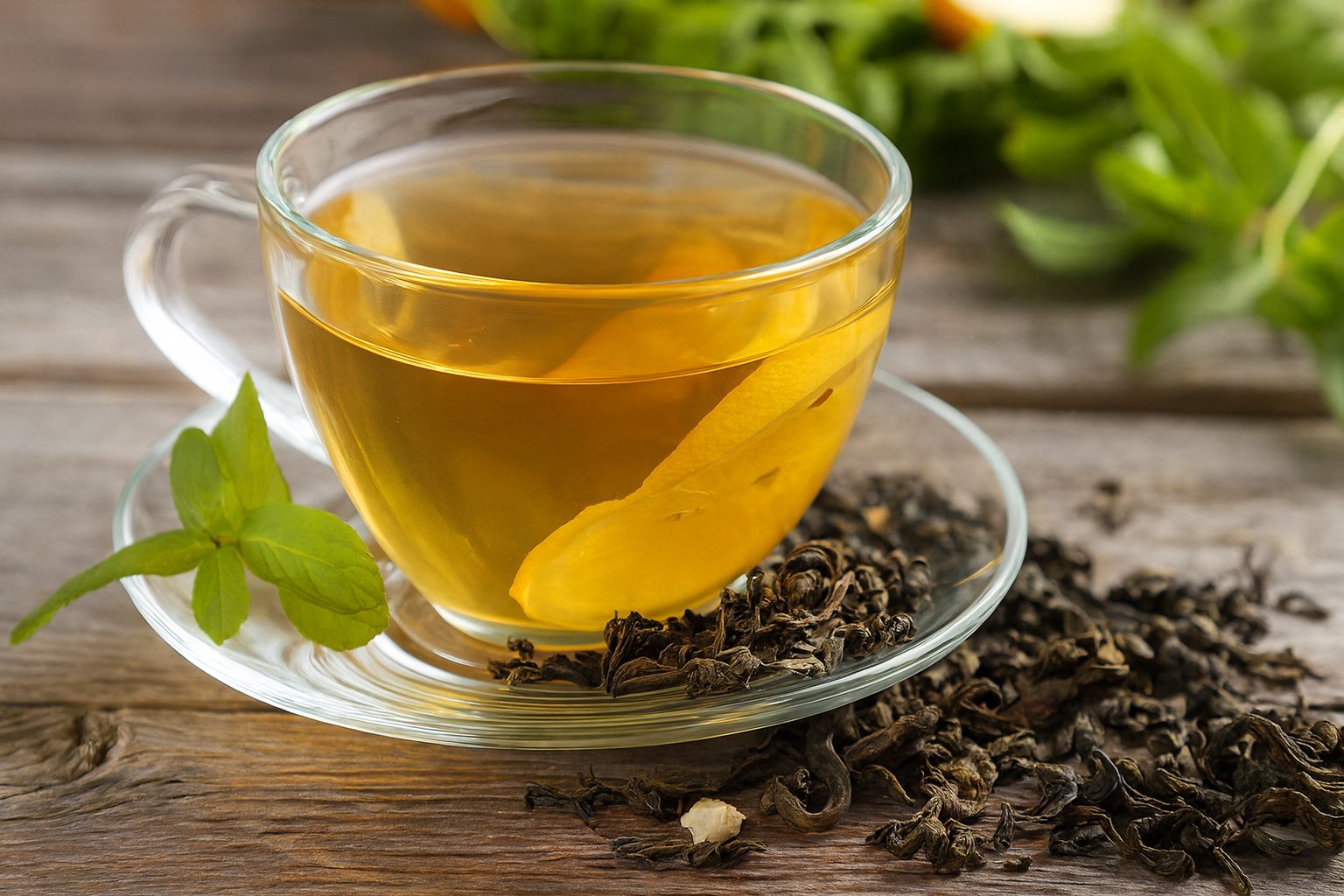
From Cup to Wellness: Green Tea’s Health Perks

Eat More Carrots: Here’s What They Do for Your Health

6 Reasons Raspberries Are a Nutritional Powerhouse

Why Strawberries Are More Than Just a Treat

Nature’s Nectar: The Healing Power of Honey
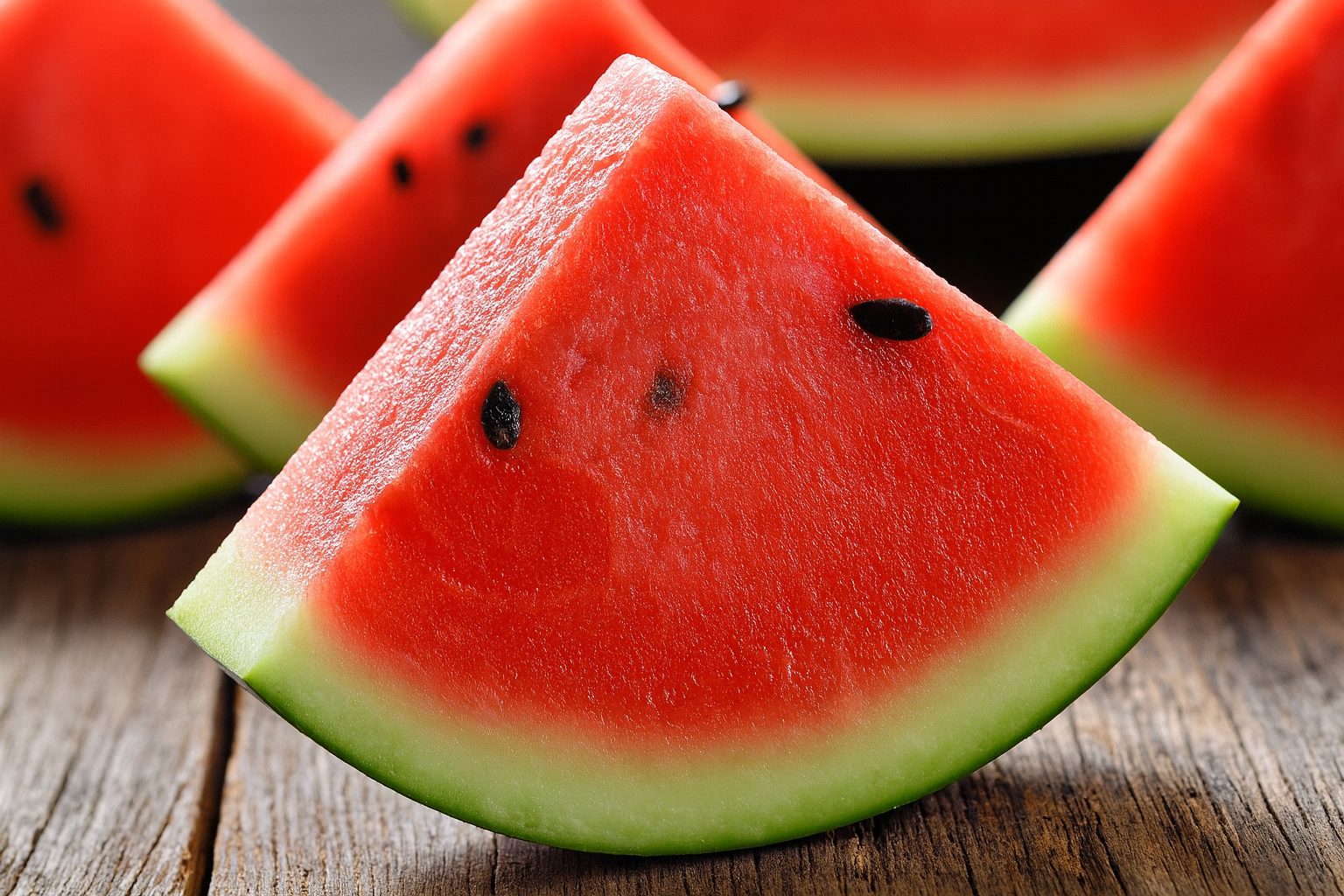
Watermelon Wonders: 7 Reasons It’s Great for You
